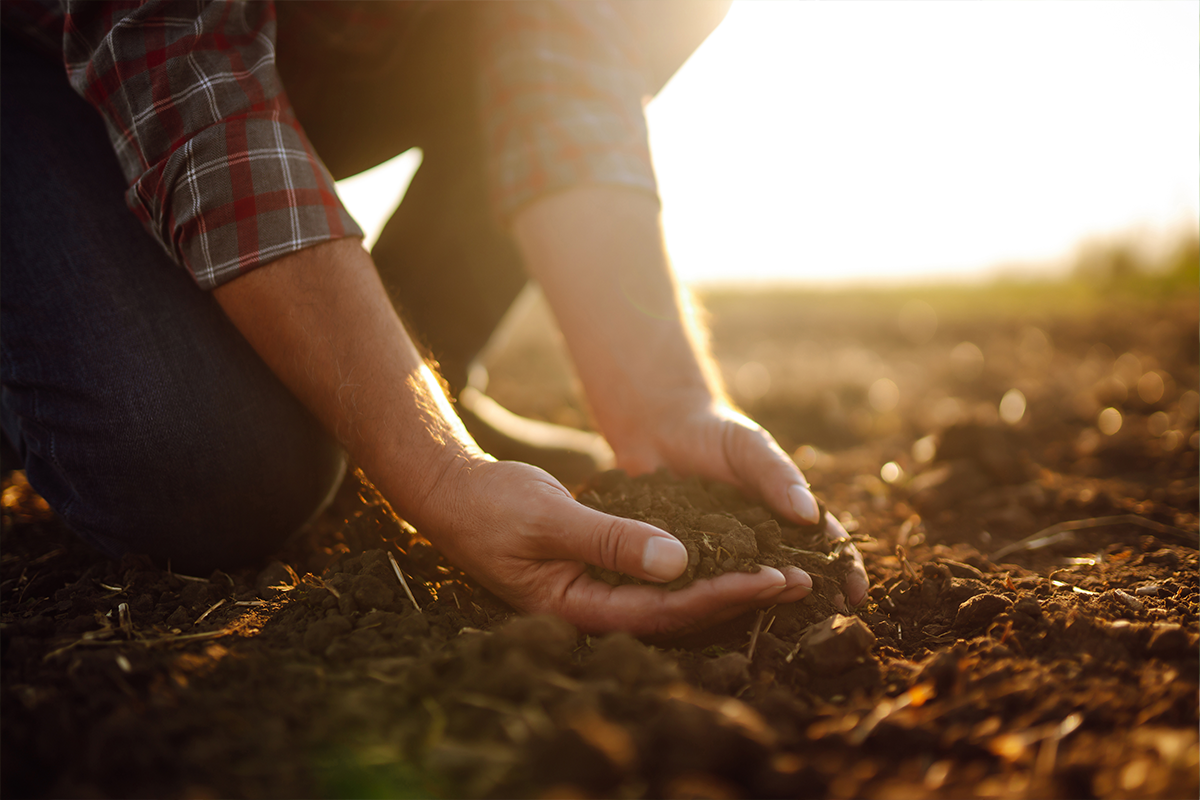Advertisement
The Hand That Holds The Seed Controls The Food Supply
One of the best things that happened to the organic industry in Canada was the introduction of genetically engineered (GE) foods in the 1990s. The “scare” that ensued has brought more people into an intimate relationship with their food. More people are listening to the decades-old messages about food additives and pesticides. Interest in organically … Continued

One of the best things that happened to the organic industry in Canada was the introduction of genetically engineered (GE) foods in the 1990s. The “scare” that ensued has brought more people into an intimate relationship with their food.
More people are listening to the decades-old messages about food additives and pesticides. Interest in organically produced foods has been growing rapidly, not only in Europe, where the relationship between culture, food quality and eating has always been an art form, but also in Canada and the USA. People around the world have begun to demand that GE crops be identified.
Farmers are also hearing the message about GE foods. Organic farmers in particular are asking for varieties of crops that are adapted to low-input organic farming conditions. Innovative people are starting “on farm” programs using older varieties as a basis for selection of new varieties. It doesn’t require a test tube or a degree in biotechnology. It begins with a handful of seeds, and selecting from plants that are best adapted to the local climate, soil or taste buds.
Publicly owned breeding is an option, but for it to work people will have to become involved. Apathy will not make it work. Nor will complaining about the government’s handing over of plant breeding to corporations.
Make Noise, Take Action
Farmers do have choices and rights but they must start speaking out. They must start working collectively for their voices to be heard by not only governing bodies and regulatory agencies, but also consumers in Canada and around the world.
We need to produce and sell “variety-identified” vegetables, wheats and fruits. Every variety has a name and that variety was developed somewhere in the world because it was often a regional specialty. It’s no longer acceptable to produce a commodity and call it “wheat” and market it through a central control agency.
Slow Food
In Europe and the US a movement called “Slow Food” is promoting the concept of food diversity through old ways of using specially selected varieties. This movement is catching on in Canada.
We might find that our food allergies disappear once the genetic base of our major food groups begins to expand. Genetic diversity provides not only a choice for farmers and their fields, but also for consumers and their particular biochemical diversity.
But there are a few problems that prohibit the expansion of diversity. We have outdated laws and regulatory agencies in Canada that control the ability to have “variety-identified” wheat in the market place. We have allowed our country to become a production field for commodities to be sold in a global marketplace. (Farmers and consumers interested in growing and eating the fruits of our rich horticultural and agricultural past should depend on local and regional markets first and export the surplus when the local market has been satisfied.) Even worse, we have pushed this vision onto other countries. We have encouraged them to displace local small scale farmers and local varieties of food stuffs.
Regional Food
Wake up Canada! People must stand up and say, “It’s time for a change!” Farmers, don’t wait for the government to hand you varieties. Start working with farmers or growers in your area. Experiment with varieties that do well in your type of soil or climate. Work within your community, whatever you consider that to be and identify the varieties that make your spirit sing and your food taste terrific.
There are 200,000 varieties of wheats, 5,000 varieties of tomatoes, 2,000 varieties of beans. All offer unique characteristics of growing adaptability, taste, disease and insect resistance and genetic biodiversity. Go to the local library and read old agricultural reports. Ask old timers what used to grow well. Find and share seeds in local seed exchanges. (Seedy Saturday events began 12 years ago in Vancouver and now operate right across the country. Visit the Web site < seeds.ca > to find out how to get one going in your area.)
If you want a different kind of food system, then start walking towards it. Carry your seeds in your hands and don’t give them up. The hands that control the seed control the food supply. Let’s make sure it is in the hands of the people of the country, not the corporations. We don’t need to believe or buy into the vision of a global economy. We can create another vision of the future. Today.




